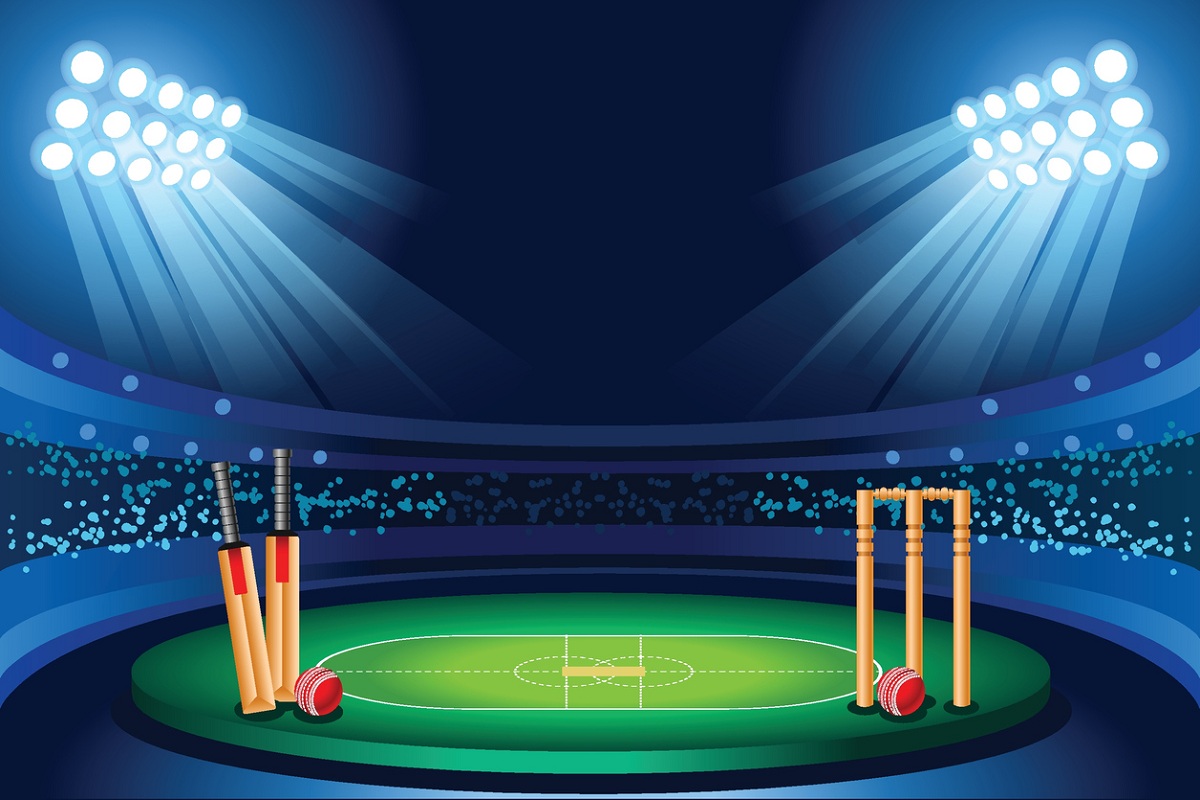Jagmohan Dalmiya, shaping Indian cricket commercially, had a thing for aphorisms. Not that he himself had too many of these, but using them sparingly, Dalmiya got by. “Test cricket,” he’d say, “is classical music and the one-day game, the pop variety.” Nothing if not trite, but for the man who ruled international cricket for an impressive length of time, this was serviceable enough. Anyone who sought to sound Asoke Ghosh, who had got going as a club cricket czar but later found him- self-controlling Indian football, out on this, was told, quite curtly, that Dalmiya would dump Tests some- where in the vicinity of Babughat. Ghosh was prophetic in a way.
It was when Graham Gooch’s England team visited what was then Calcutta that, with India cruising towards victory, large tracts of untenanted territory stuck out like sore thumbs on the upper tiers of the stadium where Test matches had previously seldom failed to pull in a full house crowd every day. It always had its own, sometimes questionable, way of enjoying the game, but it had never steered clear of the Eden. Did it have anything to do with the fact that, just a few years earlier, the 1987 World Cup final ~ where India didn’t even play ~ in the city had been tom-tommed so successfully that lots of people came in late to find all seats taken? Were Tests ever favoured similarly? Dalmiya’s by-then-disenchanted mentor, Bishwanath Dutt, might have felt hurt. “How can you push limited-overs cricket and, simultaneously, take Tests for granted?” he once said.
Advertisement
From the BCCI, though, Dalmiya had made it to the International Cricket Council, and one of its bigshots was recently heard saying that, in the none too distant future, there would be so many club-level Twenty20 matches that Test cricket could be left with very few calendar slots. Also, there are countries that, according to him, find organising Test cricket prohibitively expensive. India-Australia, India-England and the Ashes, which presumably yield piles of cash, are in no crisis zone but if Tests are only to be a niche offering while Twenty20 monopolises the world’s attention with domestic leagues mushrooming, besides potentially making it to such multi-discipline events as the Olympics, it could be a little difficult for the ICC to disabuse people of the suspicion that this is how it has wanted things to be for all these years, two Twenty20 World Cups in successive years, as we see now, being part of its futuristic vision. It’s the same institution that tugged Afghanistan and Ireland into the Test assembly holding forth on enlarged competitive platforms and democratising opportunities. To try to find out how many series the neophytes have played since then and the financial impact they have made is a waste of time, given that putative marketing genius- es’ mistakes are a pathetic commonplace, even if hushed up. Test cricket, no matter how badly beleaguered, can, of course, detect a sliver of hope there, regardless of how to fast-forward the big boys are.











